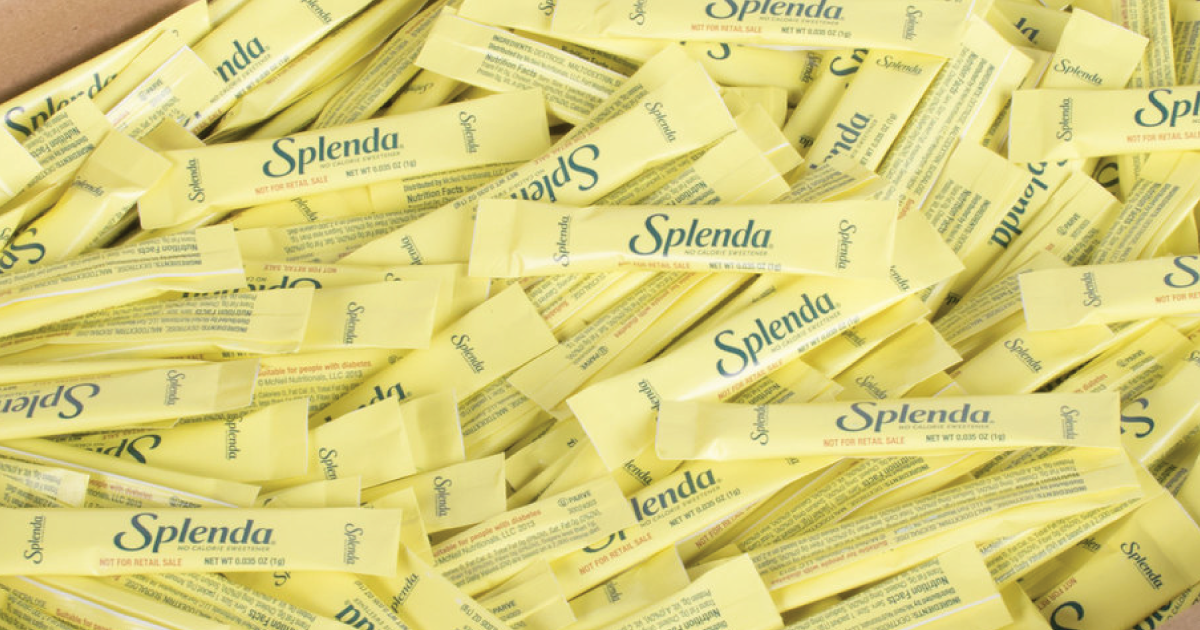
This Common Artificial Sweetener Can Break Down DNA, Scientists Warn
The artificial sweetener sucralose (marketed as Splenda) is widely used and found in products like diet soda and chewing gum. According to a new study, it’s also capable of damaging the DNA material inside our cells.
June 6, 2023 | Source: ScienceAlert | by David Nield
As DNA holds the genetic code controlling how our bodies grow and are maintained, that’s a serious problem that could lead to multiple health issues.
So significant are the researchers’ concerns, they are now calling for food standard agencies to review the safety and regulatory status of the sugar substitute.
The technical term for something that breaks DNA like this is genotoxic, and the study looked specifically at sucralose-6-acetate: this chemical compound is produced when sucralose is ingested and metabolized in the body, as reported in a 2018 study in rats.
“To put this in context, the European Food Safety Authority has a threshold of toxicological concern for all genotoxic substances of 0.15 micrograms per person per day,” says biomedical engineer Susan Schiffman from North Carolina State University.
“Our work suggests that the trace amounts of sucralose-6-acetate in a single, daily sucralose-sweetened drink exceed that threshold. And that’s not even accounting for the amount of sucralose-6-acetate produced as metabolites after people consume sucralose.”
